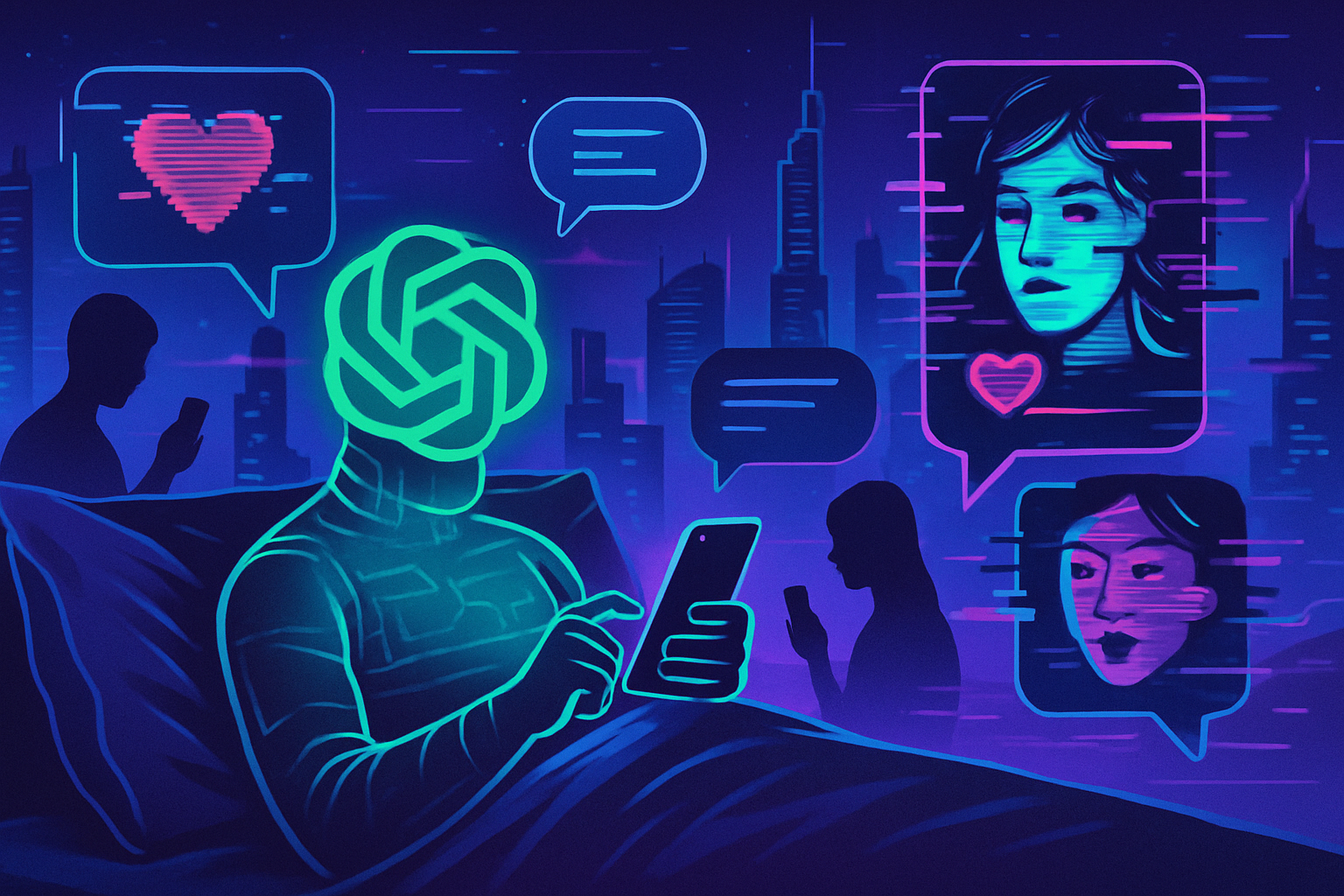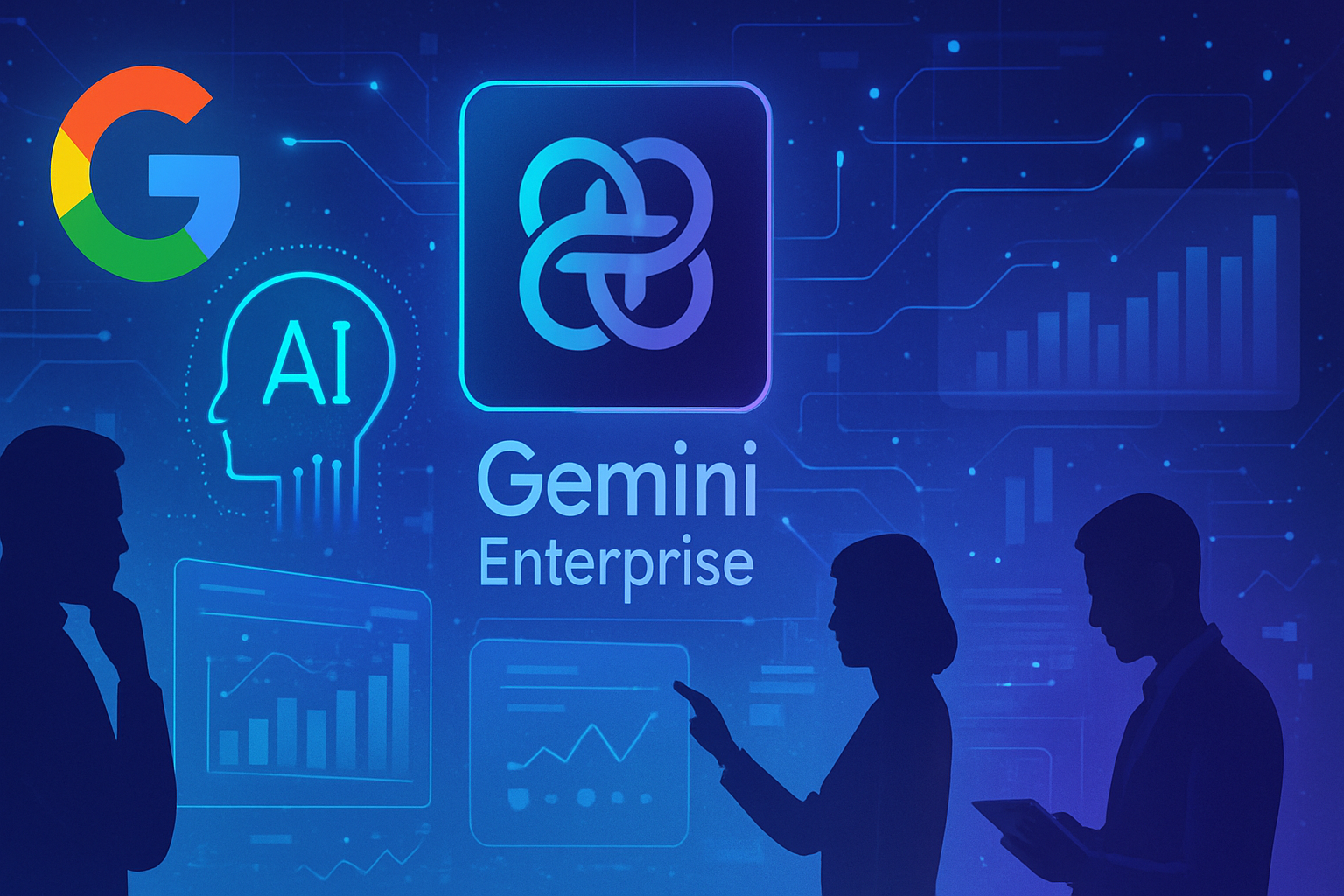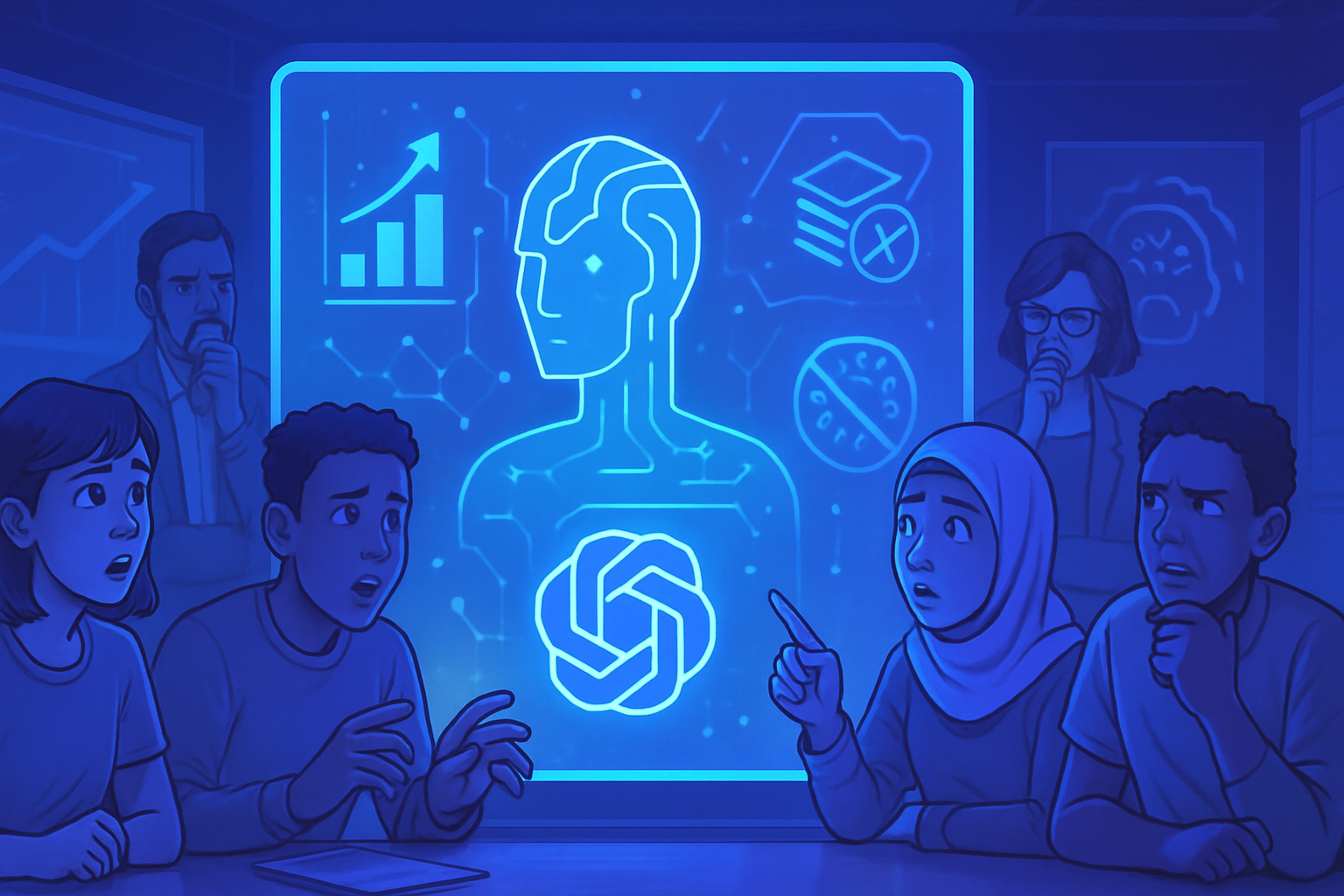Denouncing the phenomenon of chatfishing reveals the absurdity of modern romantic aspirations. Dating apps allow connections to be made, but often at the cost of troubled authenticity. In this scenario, the use of AI like ChatGPT brings an unprecedented complexity to already disenchanting exchanges.
The quest for love becomes strange and bewildering. Facing someone who seems too smooth or artificial raises doubts. This unhealthy interaction now marks the romantic journey.
Being ‘ChatGPT-ized’ in bed highlights a poignant disconnection between the virtual and the real. This condition exposes the consequences of overly artificial communication, bringing to light contemporary emotional vulnerabilities.
The dangers of ‘Chatfishing’
The phenomenon of ‘Chatfishing’ indicates a drift in the digital search for love. This term refers to the abusive use of artificial intelligences, like ChatGPT, to communicate on dating apps. This practice involves engaging in conversations with the assistance of an algorithm, creating an illusion of authentic connection.
A personal account of disillusionment
Rachel, a 36-year-old entrepreneur, recently experienced this troubling situation. After three weeks of deep dialogues via the Hinge app, she realized that the man she was meeting bore no resemblance to her digital interlocutor. The latter, polite and pleasant, lacked the quick wit that had captivated her online.
Dehumanized exchanges
The messages they exchanged conveyed a multitude of emotions and reflections, but during their meeting, the connection seemed to vanish. A glaring discrepancy existed between online interactions and reality, leaving Rachel perplexed.
Criticism is mounting against users who, for some, present themselves under false pretenses with the aid of AI. This phenomenon generates conversations that are often superficial and artificial, with the true aim being to optimize initial engagement.
A touch of artificial intelligence
Nick, a 38-year-old user, explains his use of ChatGPT to liven up his matches. He doesn’t consider it deceitful but a way to foster more interesting exchanges, enhancing the appeal of his interlocutors. His approach rests on the idea that AI can enrich conversations, without necessarily replacing them.
Risk of dependency
Nevertheless, the interface between humans and the algorithm raises questions. The fear of using AI as a substitute for authentic interactions intensifies. Users may become foreign digital bodies, no longer experiencing the ability to exchange effectively without the assistance of a bot.
Modern relationships: between situations and strategies
The current relational dynamics, as illustrated by Holly’s experience, highlight the nuances of ‘situationships’. She uses ChatGPT to refine her messages, ensuring a balance between clarity and firmness. Her use of this digital aid goes unnoticed but raises ethical questions about the authenticity of exchanges.
Message after message
Users like Richard call upon AI to structure their communication after meeting people in informal contexts. This leads to interactions that are often too polite, creating a barrier to the authenticity needed in the beginnings of a relationship.
The implications of ‘Chatfishing’
The rise of AI usage in romantic conversations raises fears of uniformity in interactions. Conversations become predictable, and the surprise of a spontaneous encounter fades away. A recent study revealed that nearly half of users have encountered manipulative tactics in their search for love.
An ethical challenge
The divergences between true emotions and algorithmic responses raise an ethical dilemma. Emotional manipulation, even involuntary, can harm self-esteem. Those feeling duped may develop a generalized distrust of digital dating.
The digital reflection of users
Francesca, a 33-year-old woman, illustrates this complexity. Her use of ChatGPT does not stem from a desire to deceive. She sees it rather as a bridge to understanding social dynamics. Nevertheless, she has learned, over time, to navigate relationships without fully depending on algorithms.
The limits of relying on AI
This technological evolution raises questions about the true essence of modern connections. The more users turn to AI, the less they can draw upon their authenticity. When the algorithm becomes indispensable in exchanges, this balance may be irreversibly broken.
The challenge facing digital dating enthusiasts lies in distinguishing between beneficial technological aids and distortions of human interactions. The search for love in the digital age thus becomes a slippery slope, where authenticity risks fading behind an enticing algorithmic facade.
Common Frequently Asked Questions
What is ‘Chatfishing’ and how does it manifest on dating apps?
‘Chatfishing’ refers to the practice of deceiving other users on dating apps by using messages generated by artificial intelligence, like ChatGPT. This may include using overly polite phrases or responses that seem disconnected from reality, leaving the other partner perplexed and uncomfortable.
How can I recognize if I am a victim of ‘Chatfishing’ during my online interactions?
You may suspect ‘Chatfishing’ if your partner’s responses seem too perfect, uniform, or disconnected from emotions. Exchanges that lack fluidity and naturalness, where the responses are often out of sync with your comments, are also indicators of this practice.
What impact can ‘Chatfishing’ have on building an authentic relationship?
‘Chatfishing’ can damage trust and emotional connection, as it creates an illusion of compatibility that can collapse once the truth is revealed. This complicates the search for love, as interactions are not based on authentic feelings but on simulations.
Are there telltale signs that my partner is using AI-generated messages?
Yes, signs include responses that lack emotion, seem too generic, or jokes that do not resonate with the conversation. An excessive use of standard expressions or sudden changes in tone can also be telling.
How can I avoid becoming a victim of ‘Chatfishing’ in my online relationships?
To avoid ‘Chatfishing’, prioritize in-person interactions or video chats as soon as possible. Trust your intuition and be vigilant to overly polite or disconnected responses. You can also ask open-ended questions that engage emotions to better understand your interlocutor’s true personality.
Is using AI in online messages considered dishonest?
It depends on the degree of use. If AI is used to facilitate conversation but the emotions and intentions are authentic, it may be acceptable. However, if it becomes a substitute for true human communication, it resembles deceit.
What are the differences between ‘Chatfishing’ and other forms of online deception?
‘Chatfishing’ is distinguished by its use of AI to mask intentions and ways of being. Unlike fake profiles that may simply aim to scam, ‘Chatfishing’ seeks to manipulate the impression of emotional connection, leading to a more subtle confusion.
Can one really build a meaningful relationship if one of the partners uses AI tools to communicate?
It is possible to build a meaningful relationship if both partners are open about their communication methods. It is crucial that the use of AI be seen as a helpful tool rather than a means to disguise feelings or intentions.






